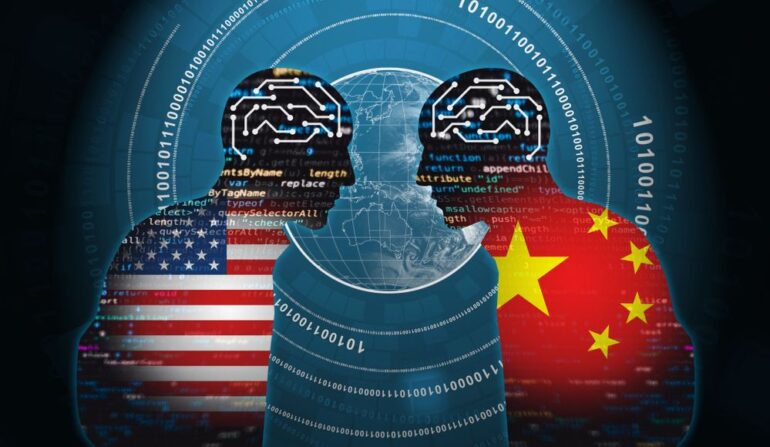- Chinese tech giants Ant Group, Baidu, and Tencent, along with US companies OpenAI, Microsoft, and Nvidia, have collaborated to establish two international standards on generative artificial intelligence (GenAI) and large language models (LLMs).
- The standards aim to ensure the security and integrity of GenAI and LLM technologies, providing a comprehensive framework for testing and validation.
- Notable AI services such as OpenAI’s ChatGPT and Microsoft’s Copilot are covered by these standards, reflecting the increasing importance of AI security.
- The collaboration underscores the significance of international cooperation in shaping the future of AI development.
- These standards are expected to guide industry practitioners, policymakers, and regulatory bodies in navigating the complex landscape of AI technology.
Main AI News:
In a groundbreaking collaboration, China’s tech giants Ant Group, Baidu, and Tencent Holdings have joined forces with leading American tech companies, including OpenAI, Microsoft, and Nvidia. Together, they have unveiled two international standards on generative artificial intelligence (GenAI) and large language models (LLMs).
Announced during a side event at the United Nations Science and Technology Conference in Geneva, Switzerland, the release includes the “Generative AI Application Security Testing and Validation Standard” and the “Large Language Model Security Testing Method.” These standards mark a pivotal moment, providing a comprehensive framework for ensuring the security and integrity of GenAI and LLM technologies.
According to a statement from the event organizer, the non-profit World Digital Technology Academy (WDTA), these standards represent a collaborative effort aimed at setting global benchmarks in the rapidly evolving field of artificial intelligence.
These standards are particularly significant as they cover technologies powering increasingly popular AI services such as OpenAI’s ChatGPT and Microsoft’s Copilot, both of which rely on advanced generative AI capabilities. Chinese tech leaders Baidu, Tencent, and Ant have also made significant strides in this arena, with Tencent and Ant launching their respective LLMs and Baidu introducing its AI chatbot, Ernie Bot.
The new standards reflect a concerted effort by industry leaders to address growing concerns surrounding AI security. With AI becoming pervasive in both business and personal spheres, ensuring the safety and reliability of these technologies is paramount.
Moreover, these standards underscore the importance of international collaboration in shaping the future of AI. By bringing together key players from both China and the US, this initiative demonstrates a shared commitment to fostering innovation while upholding the highest standards of security and ethics in AI development.
Moving forward, these standards are poised to serve as a guiding framework for industry practitioners, policymakers, and regulatory bodies alike, as they navigate the complex landscape of AI technology. As AI continues to advance at a rapid pace, establishing robust standards and protocols is essential to ensure its responsible and ethical deployment on a global scale.
Conclusion:
The collaboration between Chinese and American tech giants to establish global AI standards marks a significant milestone in the industry. By setting comprehensive guidelines for AI security and integrity, this initiative fosters innovation while ensuring responsible and ethical AI development. This partnership highlights the importance of international cooperation in addressing emerging challenges and shaping the future of AI technology. For the market, this collaboration signals a shift towards a more standardized and secure AI ecosystem, providing clarity and confidence to stakeholders and driving further adoption of AI technologies.

